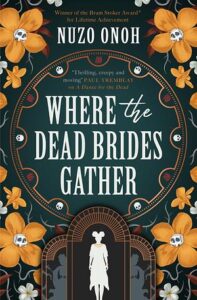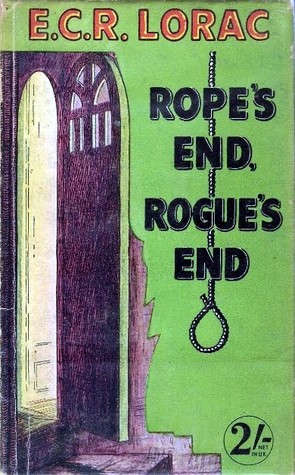
The Lost Words
by Robert Macfarlane, Jackie Morris
Genres: PoetryPages: 112
Rating:

Synopsis:In 2007, when a new edition of the Oxford Junior Dictionary -- widely used in schools around the world -- was published, a sharp-eyed reader soon noticed that around forty common words concerning nature had been dropped. Apparently they were no longer being used enough by children to merit their place in the dictionary. The list of these "lost words" included acorn, adder, bluebell, dandelion, fern, heron, kingfisher, newt, otter, and willow. Among the words taking their place were attachment, blog, broadband, bullet-point, cut-and-paste, and voice-mail. The news of these substitutions -- the outdoor and natural being displaced by the indoor and virtual -- became seen by many as a powerful sign of the growing gulf between childhood and the natural world.
Ten years later, Robert Macfarlane and Jackie Morris set out to make a "spell book" that will conjure back twenty of these lost words, and the beings they name, from acorn to wren. By the magic of word and paint, they sought to summon these words again into the voices, stories, and dreams of children and adults alike, and to celebrate the wonder and importance of everyday nature. The Lost Words is that book -- a work that has already cast its extraordinary spell on hundreds of thousands of people and begun a grass-roots movement to re-wild childhood across Britain, Europe, and North America.
Like The Lost Spells, The Lost Words is a collection of poetry by Robert Macfarlane, illustrated by Jackie Morris. This one is specifically aimed at children, and tries to bring a little magic back to how we relate to wild creatures, and save some of the words children don’t seem to care about any more (like “conker”).
Both books feel like the poet was having fun; though I didn’t universally love the poems (sometimes a rhyme is too obvious, or a particular word just stuck out as wrong), it was a fun read. And the illustrations are, of course, gorgeous — maybe I even prefer the ones in this book a tiny bit more than the other, though the scale in the library book I borrowed helped to let me study the detail (it was huge!).
Rating: 4/5

